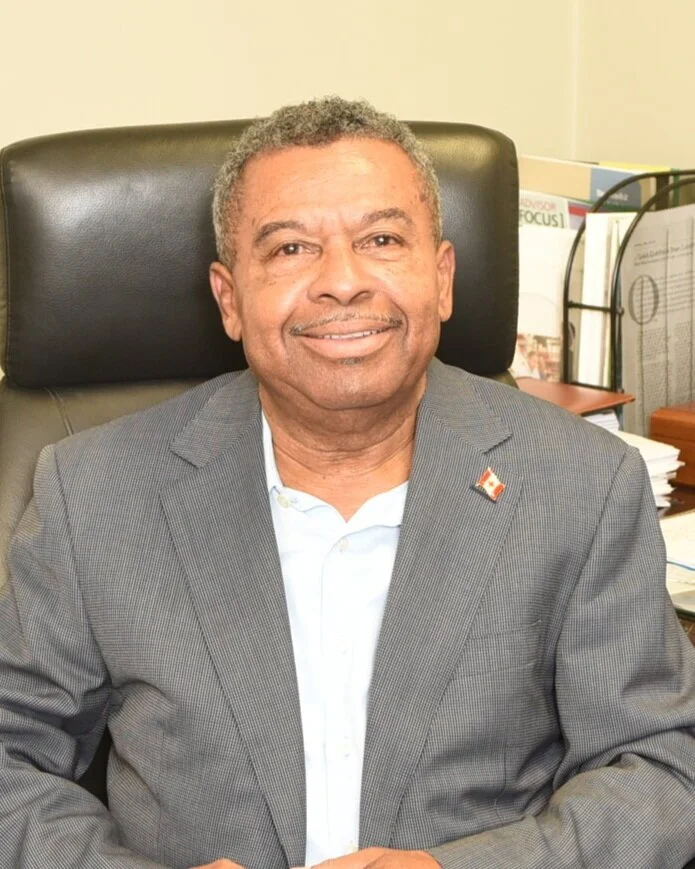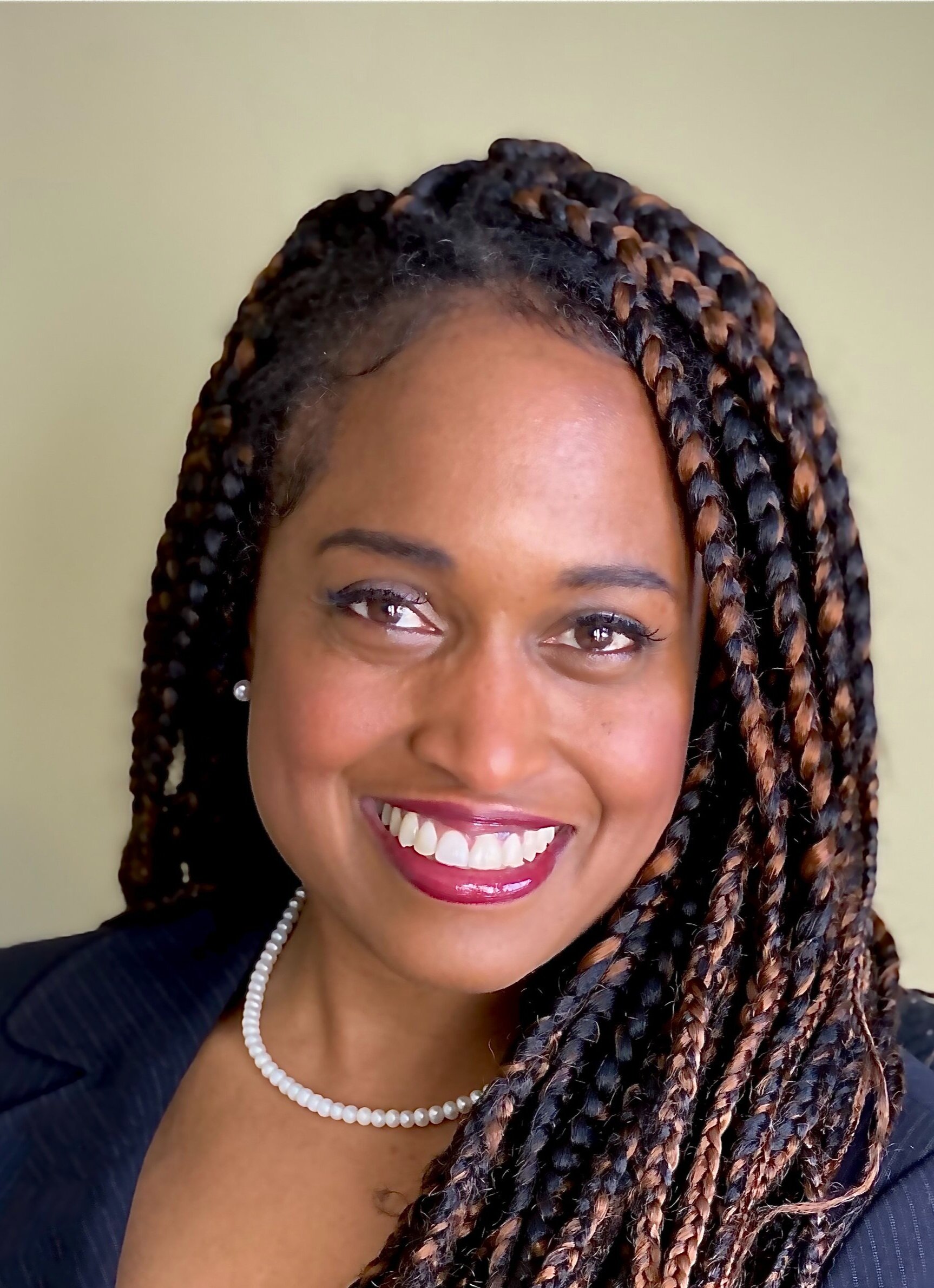Maxwell Nelson sacrificed his career for future generations
October 7, 2020
Some fights are worth taking on even though there may be career-ending consequences.
When Maxwell Nelson filed a complaint with the Ontario Human Rights Commission (OHRC) in July 1989 alleging he was denied promotion to Principal in the Durham District School Board (DDSB) because of his race, he knew his teaching career was over.
Though qualified for the position, he claimed he was overlooked in favour of White Vice-Principals with less skills, experience and academic qualifications.
A Vice-Principal for 11 years, Nelson obtained a teaching diploma from Mico University College that’s the oldest teacher training institution in the Western Hemisphere, a Bachelor of Science in Economics from the University of the West Indies (UWI) and three Master’s degrees from the University of Toronto.
He obtained his Ontario Teaching Certificate in 1973.
“I had friends who encouraged me not to take on this fight because I wouldn’t win,” Nelson, the first in his family to pursue tertiary education, recounted. “They said I had a family to take care of and my career would be ruined in the process. The way I saw it, this was far bigger than me. This case was about my race and I was thinking about the future generation. Someone had to stand up to these guys who weren’t accustomed to being challenged on anything.”
Completing high school accreditation in Jamaica through private classes funded by his mother, he worked for the postal service before receiving a government scholarship to attend Mico where he graduated at the top of his class in 1963.
Also awarded a scholarship to pursue undergraduate studies at UWI, Nelson spent some time in the private sector as a Senior Accounting Clerk before coming to Canada in May 1969.
Starting with temporary clerical assignments through Office Overload Inc. that provides staffing services and earning $1.76 an hour that was raised by three cents after two weeks, he obtained a position four months later with the provincial health ministry as a teacher at the Whitby Psychiatric Hospital Grove Treatment Centre School.
Teaching English and Social Studies, Nelson was promoted to Supervising Teacher two years later and reclassified to Assistant to the Principal in 1975 which is the same year that the DDSB assumed responsibilities for the Whitby Psychiatric Hospital School and the other treatment schools in the Durham area.
In 1977, he and the other incumbents with the job title, ‘Assistant to the Principal’, were automatically re-classified as ‘Vice-Principals B’. When the school board awarded an ‘A’ designation in September 1981 to the treatment centre schools as its staffing complement exceeded 18, the Principals and Vice-Principals received ‘A’ classifications.
There was a four-month delay in adjusting Nelson’s pay and title while the Principal with whom he worked with was immediately re-classified with a salary increase.
He was the board’s second Black Vice-Principal in 1981 after Richard Winn who attained the position a year earlier.
On two occasions between 1977 and 1980, Nelson was refused permission by the DDSB to take the Principals course. He applied directly to the Ministry of Education and was given the green light for the two-part course that he completed in 1982.
Nelson made about six applications for a lateral transfer to a Vice-Principalship in a non-treatment school between 1980 and 1985. They were all denied.
At the time, there was an unwritten policy that a Vice-Principal must serve at two schools to broaden their experience for promotion to Principal.
Nelson was eventually transferred to Lake Vista Senior Public School in 1987.
In a six-year span until 1988, he applied for five promotions to Principal.
During one of the interviews, a DDSB Superintendent asked, ‘Why should he be made a Principal in a White school?’ He also told Nelson that if there was a disagreement with a White family, he shouldn’t expect the Board to support him.”
In that same interview, a Board director who was on the interview panel turned his back on Nelson throughout the process except briefly to remark to the complainant that ‘people make mistakes’ and ‘you don’t have to be so aggressive’.
Tired of the abuse and rejection, a frustrated Nelson filed a complaint with the OHRC that was referred to the Board of Inquiry for hearing in May 1996.
Ken Bowen, who graduated from Mico a year before Nelson and taught in treatment schools and with the DDSB for 31 years prior to retiring in 2000, was a witness for the complainant.
He provided evidence of the challenges he experienced in obtaining a transfer out of the treatment schools and expressed the view that the DDSB ‘patronized’ and ‘stigmatized’ teachers in these schools, presuming that they were less competent than their counterparts in ‘regular schools’.
“I told Max I would stand up for him and gave evidence,” Bowen said. “Max and the Principals he worked with at the treatment schools made presentations at many teachers’ conferences that were well received. He was the one that did most of the research. Observing how he operated and the fact that he couldn’t become a Principal, I said ‘this Board is just wicked’ because there were others with less qualifications or no qualifications who were made Principals.”
Cyrus Needham, a Black teacher from England who died in July 2019, also gave evidence, stating that his skin colour prevented him from becoming a Vice-Principal. Though he applied, receipts of his applications were never acknowledged nor was he ever granted an interview.
Like Nelson, Needham appealed to the Ministry of Education to take the Principal’s course while White teachers’ requests were approved by the DDSB.
Needham, who retired in 1996, completed the two-part Principal’s course in 1983.
In his last year with the school board in 1988, data that Nelson gathered was included in a report he co-authored with Needham, ‘Race and Equity’, at the request of then Superintendent Bruce Walker. Their research revealed that out of 4,200 teachers and staff, less than 10 per cent identified as visible minorities, the highest ranking visible minority in the secondary schools was a classroom teacher and there were only three visible minority Vice-Principals in the elementary school system.
Nelson’s hearing lasted 10 months.
In his ruling, Gerry McNeilly found the complainant faced discrimination in his last 19 years with the school board because of its refusal to grant him approval to take the Principal’s course.
“Also, the actions of two senior staff members of the Durham Board, who directly challenged the complainant about his ambitions to be a Principal at a ‘White school’ and the other who showed his back to the complainant throughout the interview, amount to direct discrimination,” wrote the adjudicator.
“The various attempts to thwart the complainant through offers of half the release time available to his White counterparts at the same school amounts to direct discrimination. The unfavourable proposals of release time appeared to have been an effective tool to stifle the ambitions of a dedicated qualified teacher who, because of his race, was unwelcome in the upper echelons of the Durham School Board.”
Nelson was happy with the ruling, the settlement and the role of his second lawyer, Cynthia Petersen, who was the Law Society of Upper Canada Discrimination and Harassment Council before becoming an Ontario Superior Court judge in 2017.
Believing his first lawyer wasn’t acting in his best interest, he fired him.
“The first day I met Cynthia, she said ‘if you are a quitter let me know because when I start something, I like to see it through to the end’,” recalled Nelson who was raised in Oracabessa, a small town in the parish of St. Mary’s. “I said ‘Amen’. What I liked about her was that she was a seeker of justice. She took the time to understand my case, working late into the night going through every document meticulously. This lady literally convinced me that she understood my pain and what I had gone through. She is hardworking and brilliant.”
Based on the evidence, McNeilly, the inaugural Ontario Office of the Independent Police Review Director from 2008 to 2019, said Nelson was clearly discriminated against.
“He is a very intelligent man who was good enough to be Vice-Principal, but not Principal,” he said. “Not all my colleagues agreed with me on the ruling, but I called it the way I saw it.”
Maxwell (Max) Nelson
Reflecting on the stand he took to effect change, Nelson has no regrets even though it cost him a career and his marriage. (He remarried 12 years ago).
“I remember always saying to myself, ‘Max, this I bigger than you’,” he noted. “If nobody had fought against slavery, I wouldn’t be free. This was also about women who are disadvantaged. I said, ‘Max, you’re not expecting to get something for nothing. You paid the price and became a very qualified teacher, so don’t quit on yourself. Even though I achieved what I wanted, I want people to understand we need way more of us in the system.”
In April 2018, the DDSB hosted an event targeting Black educators as part of a multi-pronged strategy to tackle systemic racism and improve their Blacks students’ experience.
In a 2017 Board census, just three per cent of the teachers were Black.
Nelson’s two older daughters – Drs. Camille and Charmaine Nelson -- didn’t see a Black teacher in their Whitby school from kindergarten to Grade 13 while the youngest – doctoral student Charlayne Scarlett – saw one.
It was even suggested by a guidance counsellor that Charmaine do hairdressing in Grade Nine even though her grades were ‘A’ from Grade One to Eight.
“I have nothing against hairdressers, but I thought the guidance counsellor was profiling my daughter and I put a stop to that right away,” said Nelson who has six grandchildren. “I understood the system and was able to step in on behalf of my daughter.”
Camille has been Dean of American law schools for nearly a decade while Charmaine, Canada’s only Black Art History professor, is leading the development of the Institute for the Study of Canadian Slavery.
Knowing his fate with the school board was sealed once he filed a complaint, Nelson – who has Master’s degrees from U of T in Education, Business Administration and Industrial Relations – retired in 1989 and changed careers.
A qualified accountant, having received a Certified Management Accountant designation in 1982, he joined North American Life Assurance in 1990 which, five years later, merged with Manufacturers Life Insurance to become Manulife Financial which was the largest insurance company in Canada last year with assets amounting to approximately $809.13 billion.
Nelson also spent 18 years at AIC, owned by Jamaican Michael Lee-Chin, which was acquired by Manulife Securities in September 2009.
Raised in a disadvantaged rural Jamaican community, he understands the importance of giving back.
The holder of Chartered and Certified Financial Planner designations makes regular donations to the Salvation Army and sponsors five children through World Vision Canada.
“The Salvation Army was very good to me when I was a kid in Jamaica,” he said. “It was through them that I learnt to read and write. As for World Vision, when I was growing up, there was barely money to put food on the table much less buy Christmas toys. I just want to give those kids that are less fortunate a shot.”
The senior financial advisor and insurance representative plans to spend about three more years with Manulife before turning his attention to helping Charmaine Nelson write curriculum and put together a book about slavery in Nova Scotia.
They also plan to complete his biography.
DDSB Executive Equity Co-ordinator Jacqui Steer was the board’s first Black Principal in 1998.
There are three Superintendents and about 12 Principals who are Black.
Much work still needs to be done to boost Black educational leadership in the DDSB which Nelson took on 31 years ago and paid a steep price.







